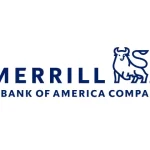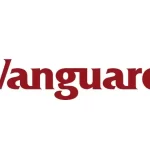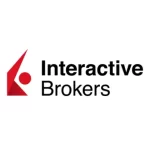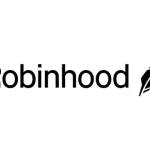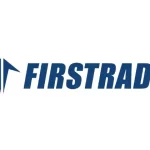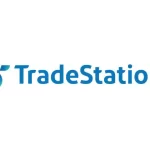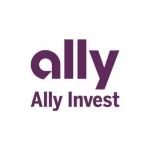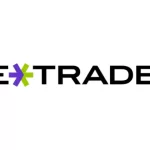Broker & Investment Platform Reviews
Why choose the right Investing Platform? Investing platforms are growing in popularity as more investors look to add digital assets to their portfolios. However, not all investing platforms provide the same level of support and service.
Choosing the best investing platform for you
These platforms offer diversified portfolios of stocks and bonds all in one place, allowing users to quickly and easily invest their money into securities that they are interested in. 👇
FAQs ABOUT INVESTMENT PLATFORMS
An investment platform is a web-based or mobile application that allows investors to buy and sell securities, such as stocks and bonds.
Investment platforms usually offer a variety of features, such as the ability to buy and sell securities, research investments, and track account performance.
Some platforms also allow users to borrow money against their investment portfolio or to use their investments as collateral for a loan.
Before investing with Investing Platform, make sure you understand the risks involved.
Broker Vs Exchanges (Differences)? When most people think of buying or selling stocks, they imagine calling a broker on the phone. However, with the advent of the internet, online brokers have become increasingly popular. While both traditional brokers and online brokers offer similar services, there are some important differences between them.
Traditional brokers typically require you to have a certain amount of money in your account before you can start trading. Online brokers often have lower minimums, so you can get started with just a few hundred dollars. Traditional brokers also charge commissions on each trade, while online brokers may charge a flat fee or none at all.
Another big difference is that traditional brokers offer personal service, while online brokers tend to be more automated. With a traditional broker, you’ll usually be assigned a personal representative who can help you with everything from choosing stocks to placing orders.
When it comes to investing, there are a multitude of choices available to the modern investor. However, one of the most important decisions an investor will make is what platform to use.
With so many different platforms to choose from, how does one go about making a decision? In this article we will outline some key factors investors should consider when choosing an investment platform:
» How to choose your Stock Broker (Article)
There are a number of benefits to investing through an investment platform. Perhaps the most obvious benefit is that it allows investors to easily diversify their portfolio by accessing a wide range of investments.
Platforms also offer a variety of features and tools that can help investors make informed decisions about where to invest their money. Investment platforms use a variety of strategies to attract investors.
An investment platform is a type of online service that provides investors with access to a wide range of investments, including stocks, bonds, and mutual funds. They typically offer a variety of features, such as research tools and educational resources, that can help investors make informed decisions about where to invest their money.
When it comes to buying assets, investors want to know they can buy any asset on any platform. For example, an investor who wants to purchase a share of Apple stock would want to be sure they could do so through their brokerage account, rather than having to search for a different platform that offers the stock.
The good news is that most major stocks and assets are available on most major platforms. For example, you can buy stocks from the New York Stock Exchange (NYSE) on most platforms, including Charles Schwab, Fidelity Investments, and TD Ameritrade. You can also buy ETFs and mutual funds from providers like Vanguard and Fidelity on most platforms.
However, there are some exceptions. For example, you can’t buy individual bonds or bond funds on some platforms—you have to go through a bond broker.
You can do both.
Day trading, which is the buying and selling of stocks within the same day, can be a lucrative endeavor for those who are well-informed and prepared. However, there are many misconceptions about day trading, and it is important to understand the basics before getting started.
One of the biggest decisions you’ll need to make when starting out in day trading is whether to invest or trade. Investing generally involves buying stocks with the hope that they will go up in value over time, while trading typically refers to buying and selling stocks within the same day in order to take advantage of price fluctuations.
Some people may be tempted to jump into day trading without understanding the differences between investing and trading, but this can be a costly mistake. It’s important to educate yourself about both strategies before making a decision about which one is right for you.
Guides and main articles:
» Why, how and in what to invest my money.
» Creating a profitable investment portfolio from scratch.
» How to choose your broker to operate in the market.
» How to invest in real estate.
Resources for your personal finances:
» Investment Dictionary
» Economic Calendar
» Investment Blog

